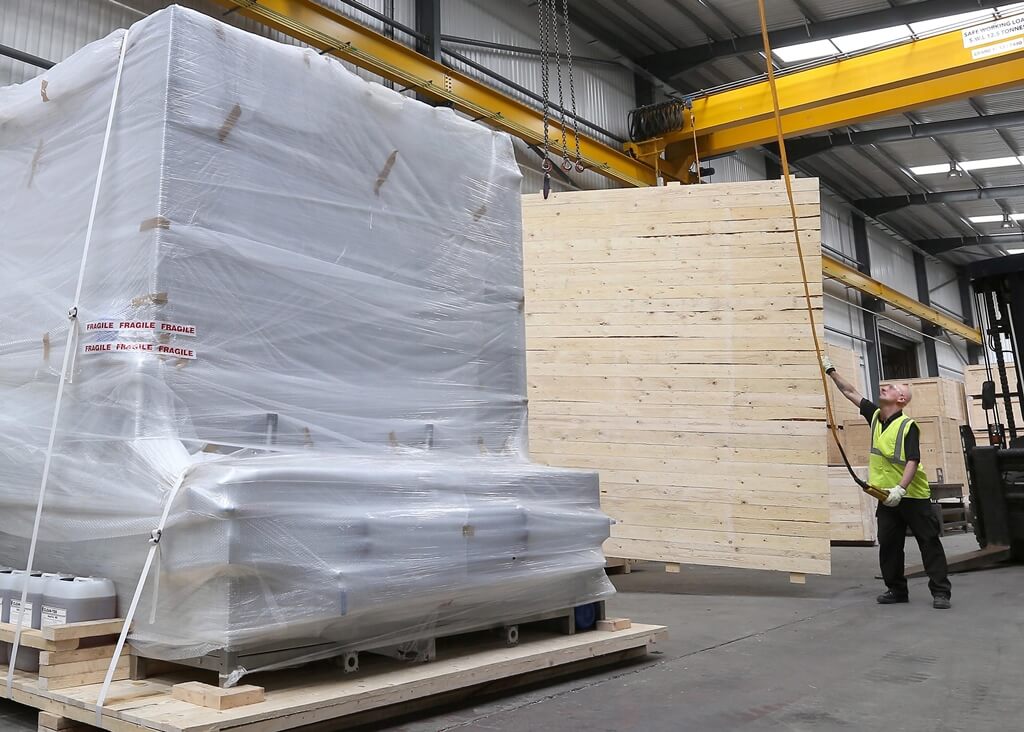
How to prepare for the 2022 customs changes in the UK
Posted on August 17 2021

Are you prepared for the 2022 customs changes?
The UK left the single market and customs union at the end of the Brexit transition period in December 2020. This means the United Kingdom (UK) and European Union (EU) no longer follow the same customs rules and therefore the crossing of goods at the border is now subject to customs formalities.
January 2021 saw many customs changes regarding the way that exporters trade and move goods between the UK and Europe. From January 2022, full customs declarations will be introduced which means exporters must adhere to new customs rules.
Custom duties
Customs declarations are used to determine the duties of the goods that are being transported. This includes information about the type of goods, transport, customs value and any tariffs or duties. Goods that are exported from countries outside of the UK or EU will be subject to import and export tariffs if they don’t meet the criteria outlined within the Rules of Origin.
In January 2021 it was decided that these duties could be paid at a later date and deferred until a time when the customer’s declarations have been submitted.
From January 2022, duties are required to be paid at the time of import. However, most traders will still be permitted the option of deferring payments until a later date.
Customs declarations
The customs changes made earlier this year meant full declarations are required for controlled goods such as tobacco and alcohol. For standard goods, traders should keep a record of their imports, but can defer full customs declarations until 1 January 2022.
From January 2022, customs declarations are required to be paid at the time of import for all goods from the EU. However, most traders will still be permitted the option of deferring payments until a later date.
Making supplementary declarations
If your business is already importing goods using delayed declarations, you should start to prepare to make supplementary declarations, or have a freight forwarder assigned to take care of it for you. A supplementary declaration is used when a business has made a declaration to customers in their own record, without getting authorisation in advance. Traders have 175 calendar days from the date of import from the EU to make supplementary declarations. Shipments that do not meet the customs requirements can be held indefinitely at the shipper’s expense, or even seized. Find out more on how to prepare to make supplementary declarations.
Did you know we are a customs broker?
That’s right! Not only can we handle your freight forwarding logistics, we will ensure that your goods are processed and released by customs as quickly as possible, assisting with all necessary documentation, duties, taxes and payments.
If you are unsure if your shipment meets all of the requirements for customs clearance, hiring a customs broker can be a cost effective solution when exporting or importing goods.
Find out more about our customs broker service.